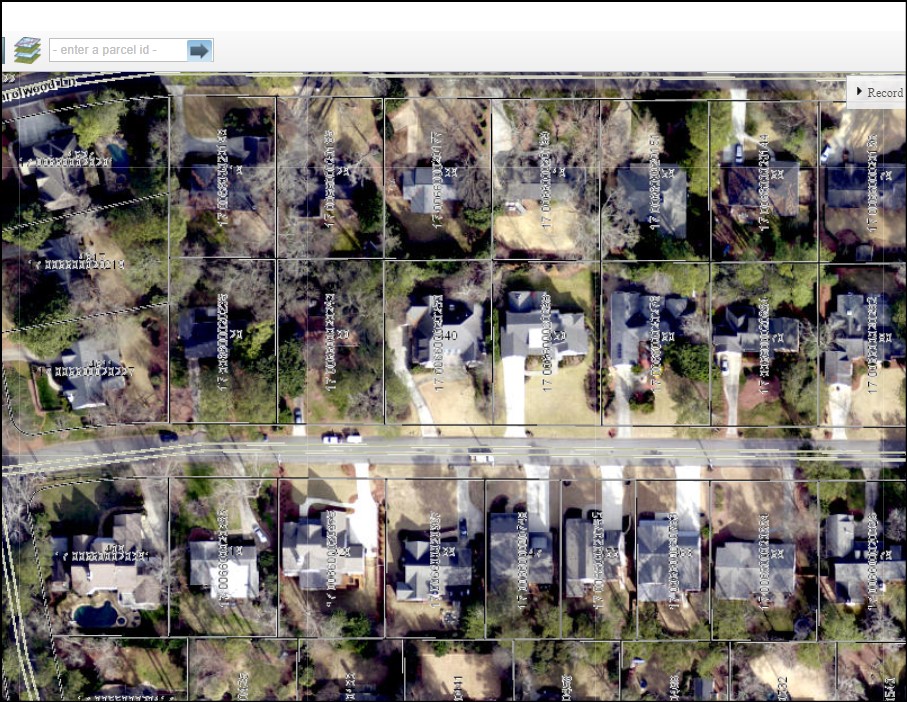
Private ways in Georgia are a type of easement that permit individuals to travel to and from their property and places of business. These ways cannot be wider than 20 feet, and the person claiming the private way is responsible for keeping it open and in good condition. This information is based on OCGA 44-9-40.
Thus, if you use a path through someone’s land for seven years straight, you may have the right to use it even if it’s not yours. This is called a private way by prescription, based on OCGA § 44-9-1. If the owner of the land obstructs your path, you can take them to court under OCGA § 44-9-59(a) to have the obstruction removed. However, if the owner gave you permission to use the path , you cannot acquire the right to use the path by prescription. The owner must be informed that you are making a hostile claim to their property and must be given actual notice of your adverse use. See Douglas v. Knox, 232 Ga. App. 551, 552 (2) (1998).
If your neighbor gives you permission to use their driveway, it’s important to remember that they have the right to revoke that permission at any time. In legal terms, this means that using your neighbor’s driveway with permission does not create a private way. A recent court case, Pineda v. Lewis (__ Ga. App. __, October 4, 2023, A23A0909), reaffirmed this principle.
To create an private way, you must give your neighbor notice that your use is adverse. This is true even if you make repairs to the driveway with your neighbor’s consent.
The bottom line is that traveling over a neighbor’s property with permission does not create a private way by prescription. If you have questions regarding your property rights concerning a neighbor, please call us at 404-382-9994 to discuss.

